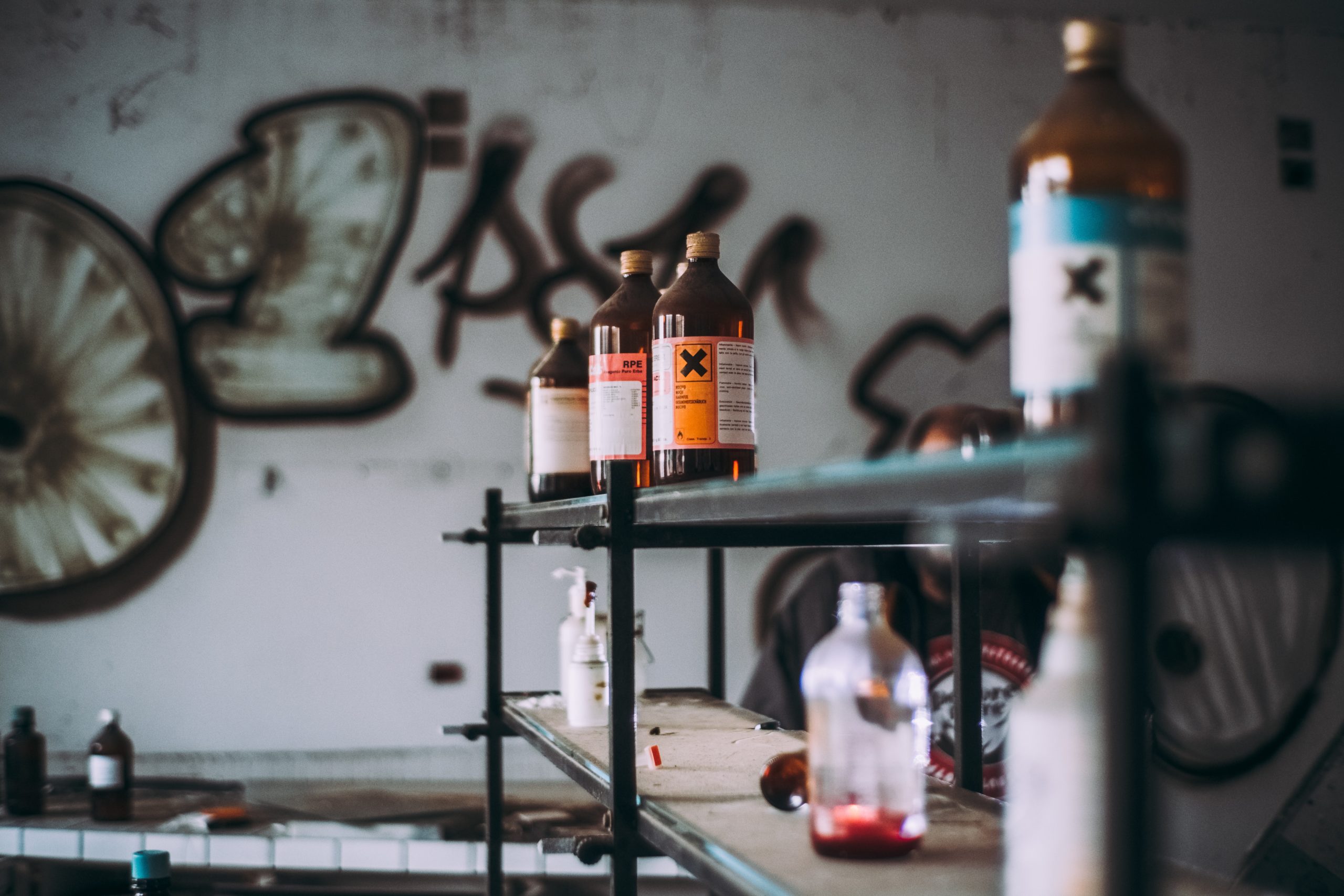
March 31 A big step towards significantly lower limits for "persistent organic pollutants" (POPs)
Manuela Ripa (ÖDP): "We have to move towards pollutant-free material cycles"
(Brussels/31.03.2022) The "Committee on the Environment, Public Health and Food Safety" (ENVI) of the European Parliament voted today on the legislative report on the "Revision of the waste limit values for persistent organic pollutants" (POPs). "We succeeded in significantly reducing the boundary values of pollutants permitted for recycling", Manuela Ripa, MEP of the Ecological Democratic Party (ÖDP), is pleased to say. She is responsible for this issue within the committee for her Greens/EFA group.
The so-called POPs are chemicals with highly toxic properties that remain in the environment for a long time, accumulate in food chains and can harm human health and the environment. They include some of the most dangerous and harmful chemicals - e. g. PFOA, DDT or PCBs. Although the intentional production and use of these substances is banned in the EU, they are still found in waste or are unintentionally released during waste incineration.
Therefore, the general objectives of this revision are to ensure an optimal balance between pollutant-free material cycles, increasing recycling and circularity, and reducing greenhouse gas emissions. "Commitments to the circular economy and to a pollutant-free environment must go hand in hand," says Manuela Ripa, demanding: "We must move to pollutant-free material cycles and not reuse POPs through recycling."
In this context very low POP levels and circular economy are not necessarily mutually exclusive. By setting stringent POPs limits for waste, the EU can demonstrate global leadership, increase protection of human health and promote the development of a contamination-free circular economy. "Setting strict limits for POPs in waste today will bring us much closer to a pollution-free circular economy, as it will encourage innovation in recycling and increase pressure on industrial designers to produce POP-free products. The circular economy must ensure that products are toxic-free, especially for children," the ÖDP politician demands.
Although the Parliament goes further than the Commission with its demand for significantly lower boundary values for all POPs, the MEP calls for even more ambition. "The limit values for these chemicals in waste must be reduced to almost zero. This is the only way to prevent the highly harmful substances from re-entering the economic cycle. To protect our health and the environment, I am fighting for the complete disappearance of these dangerous pollutants from our everyday lives. Especially our children deserve to live in a pollutant-free environment and with pollutant-free products!"

